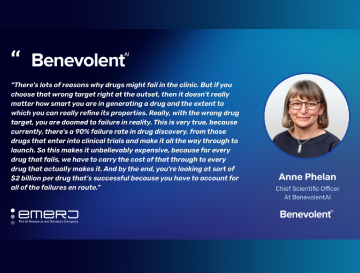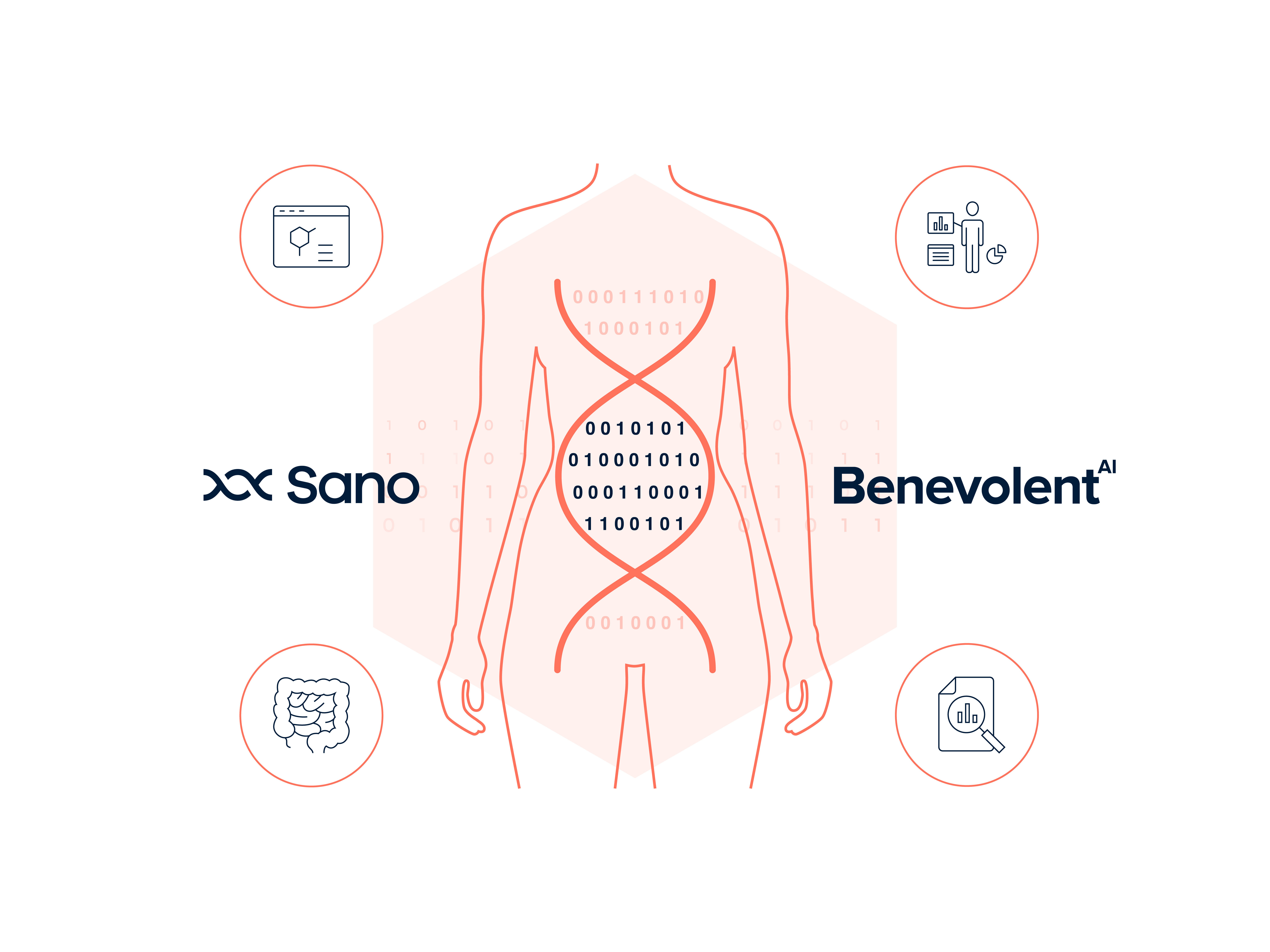Traditionally a disease has been defined by its clinical presentation and observable characteristics, not by the underlying molecular mechanisms, pathways and biological processes specific to a particular patient.
This can lead to classifying what are often highly heterogeneous medical conditions as a single disease.
In recent years, the healthcare industry has made significant steps in further understanding and targeting the underlying molecular cause of disease, however there is much more to be done. Consequently, patients with the same disease diagnosis tend to receive the same treatment. This kind of one-size-fits-all treatment strategy inadequately accounts for inter-individual variability between patients or the stage of their disease course. The result is that a large number of patients fail to respond to the treatments they are prescribed for.
One obvious example is cancer, which is a heterogeneous disease, with both between-patient variability and differences in the characteristics of disease within a given patient, making developing long-term cures challenging in many cancer types. Over the past decades, there have been major advances in developing cancer therapeutics; patients who receive targeted therapies have benefitted from improved survival [1,2,3]. However, there is still a huge unmet need for patients who either do not respond to existing treatments or develop resistance to them.
Our Precision Medicine team is working to change this by starting drug discovery from endotypes - groups of patients with the same underlying cause of disease. By stratifying patients, we believe we have a better chance at identifying responder patients, designing more effective clinical trials and developing new therapies for complex and heterogeneous diseases like cancer.
Our team takes a multi-disciplinary approach to leverage the vast collection of patient-level data produced by recent developments in technology. We apply machine learning, bioinformatics, biological knowledge, and translational medicine to advance our drug discovery programs with a data driven approach. We use unsupervised machine learning techniques to capture patient heterogeneity and uncover different underlying biological mechanisms within the disease. We then incorporate these new insights into our core biomedical knowledge graph for drug target identification.
Our approach has been used in multiple discovery programs in disease areas such as neurology and oncology. Recently we announced our collaboration with Novartis Global Drug Development, where we are investigating new indications and responders for Novartis oncology medicines currently in clinical development. With this initiative, we combine expertise from both parties to further expedite the process of delivering the next generation of cancer therapies to the clinic.
Our focus on precision medicine is important because we are translating scientific discoveries into real-world practice more efficiently, to more precisely target medicines for the patients who need them most.
Back to blog post and videos




